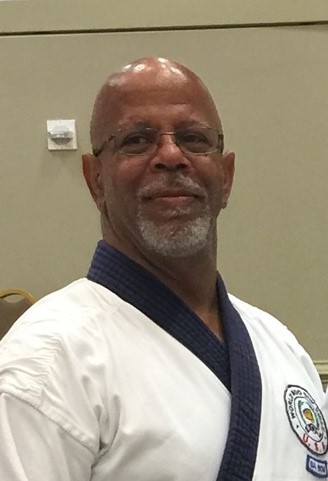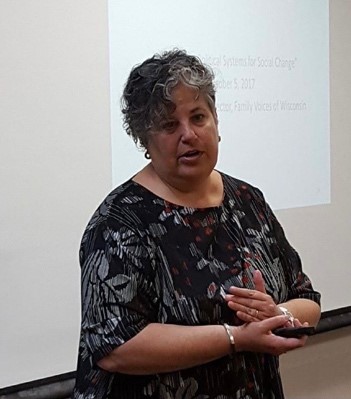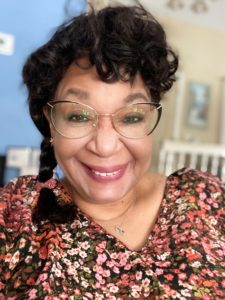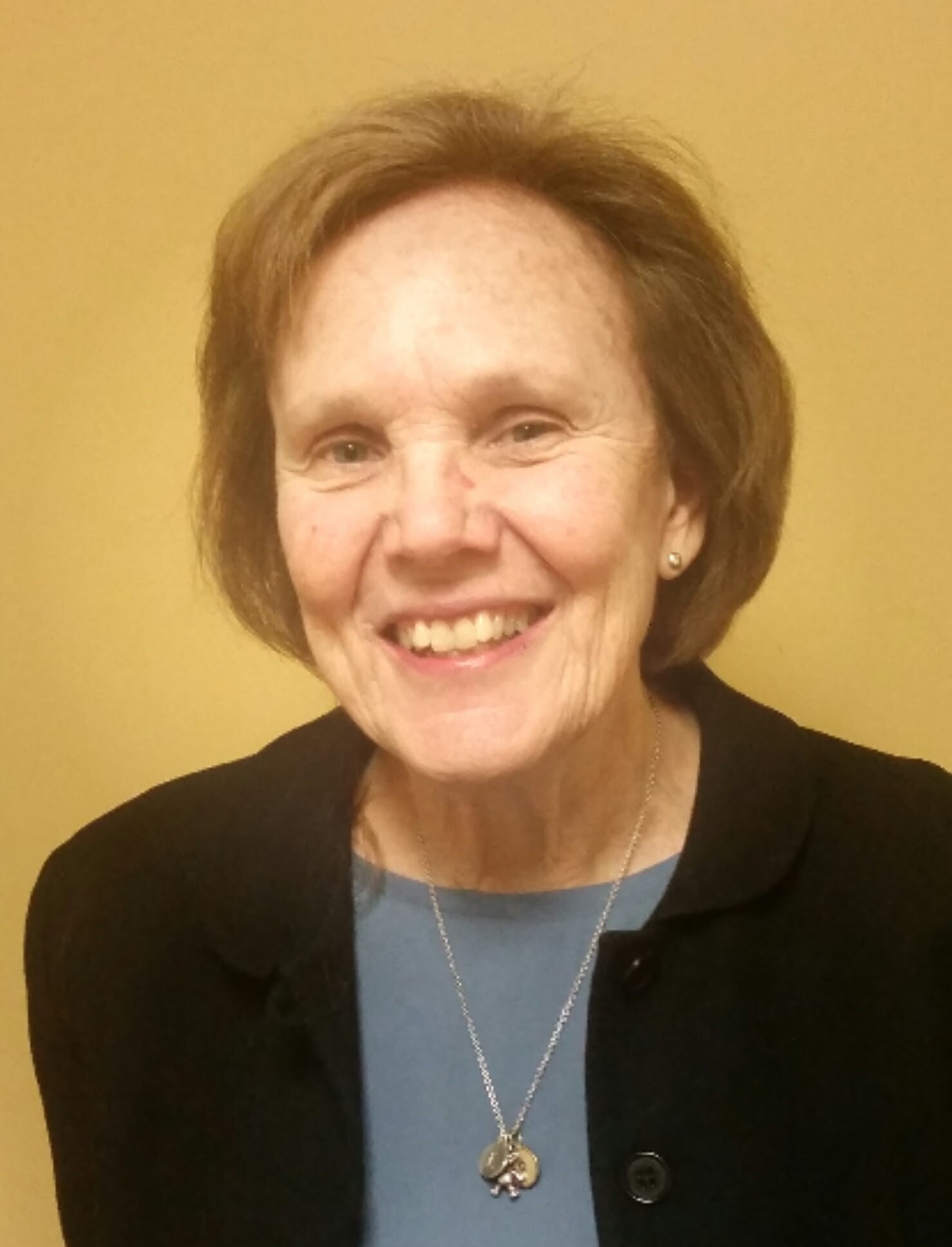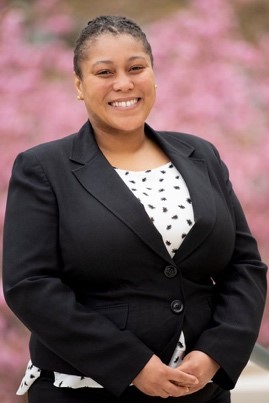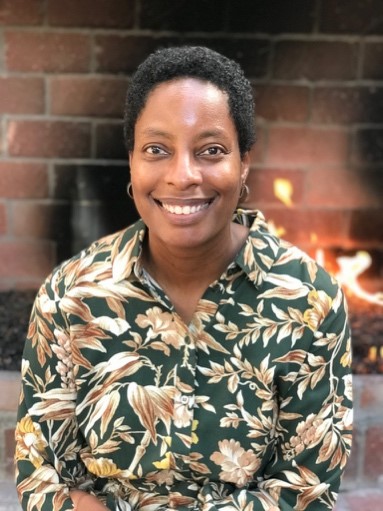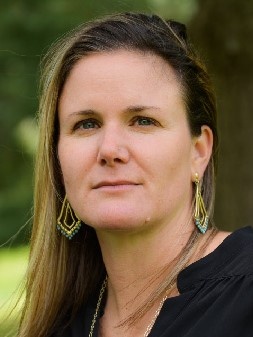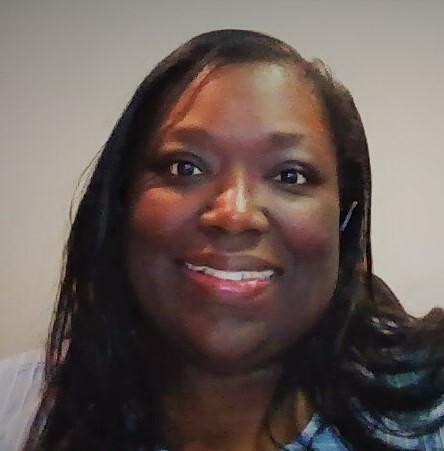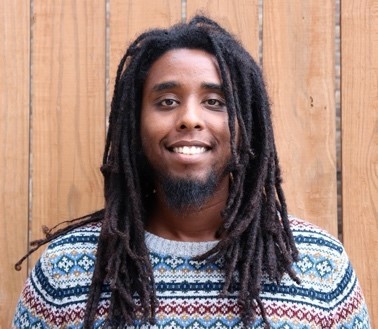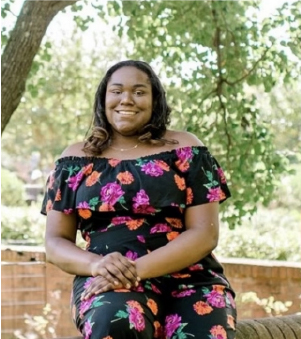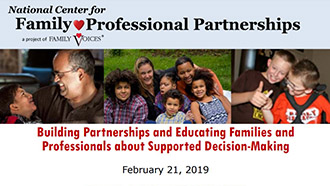
Building Partnerships and Educating Families and Professionals about Supported Decision-Making
Family Engagement / Family/Professional Partnerships / Leadership in Family and Professional Partnerships / Supported Decision-Making / Webinar Archives
In this webinar from Family Voices and Quality Trust’s National Resource Center for Supported Decision-Making, you’ll hear from three Family-to-Family Health Information Centers on how they are helping to educate families, health care providers, legal professionals, and others about Supported Decision-Making (SDM) as an alternative option to guardianship for transition age youth.
There will also be time for YOU to share strategies and educational materials you have used to help families use supported decision-making.
Presenters:
Elizabeth Hecht, co-director of Family Voices of Wisconsin and Outreach Specialist for Public Policy, Waismann Center, educates families and medical providers about Supported Decision-Making and serves on a Working Interdisciplinary Network of Guardianship Stakeholders (WINGS) and a Wisconsin Community of Practice on SDM.
Janna Murrell, Assistant Executive Director of Raising Special Kids, leads collaborative efforts with Arizona’s Division of Developmental Disabilities to create a training for parents and professionals: “Legal Options, Turning 18? What’s Next.” As the parent of a young man with cerebral palsy, she has benefited from parent to parent support to increase her knowledge of options for individuals transitioning to adult lives.
Carrie Woodcock is the Executive Director, Maine Parent Federation, and Project Director for their Supported Decision-Making program, which helps youth and families explore alternative options to guardianship, as well as options within guardianship.
Morgan Whitlatch, Legal Director for Quality Trust for Individuals with Disabilities and Lead Project Director of the National Resource Center for Supported Decision-Making, will answer questions about their center and promising educational approaches and strategies to advance Supported Decision-Making.
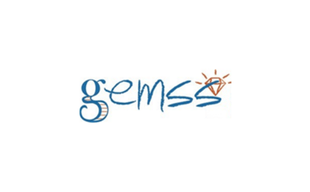
Genetic Education Materials for School Success (GEMSS)
New England Regional Genetics Network
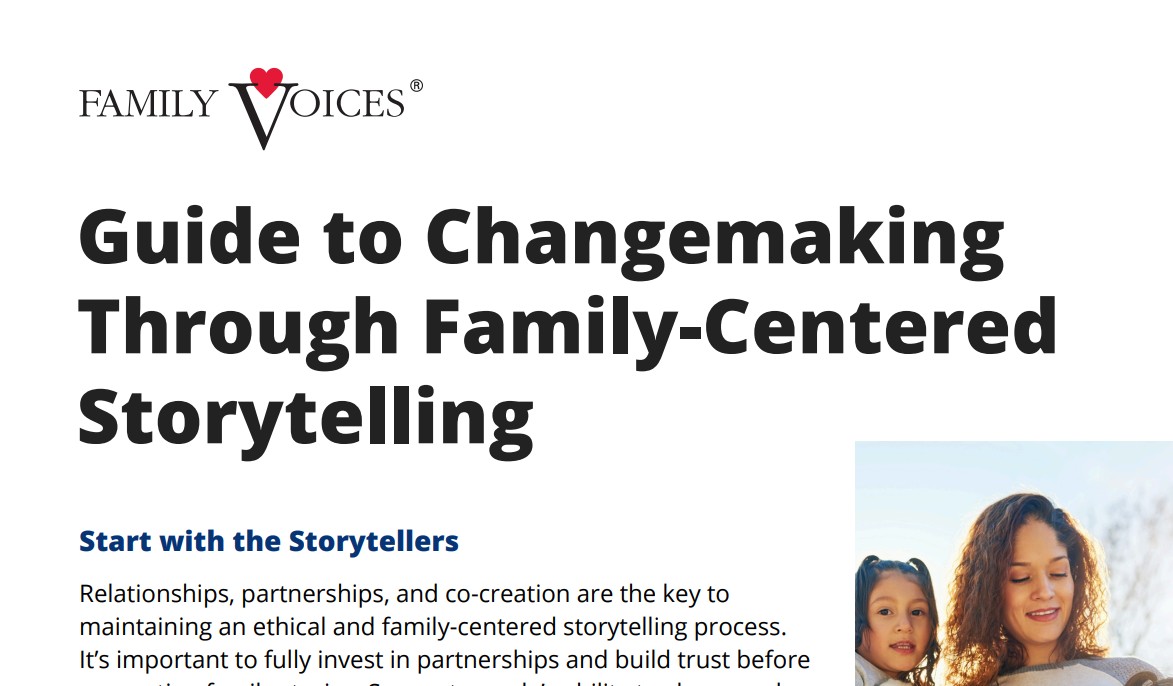
Guide to Changemaking through Family-Centered Storytelling


